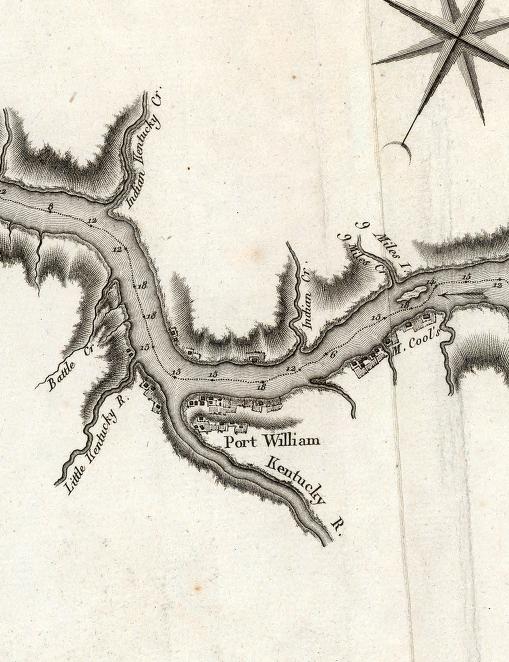When Madison packed pork in a big way, it wasn't packing just for the Ohio River Valley or even the Midwest. It was part of an international trade.
From the earliest days, Midwestern farmers had connections overseas because the only viable route for their products was the Ohio River, taking goods to New Orleans and sometimes beyond. In the footnotes of the book issued as the "History of Switzerland County", Perret Dufour reported how James Bolens went to New Orleans about 1822 and couldn't get a price he could accept and so took his pork cargo to Havana. Dufour also noted how Bolens spotted a threatening looking man in New Orleans, who he also spotted in the crowd in Cuba, suggesting there was a good bit of traffic between those cities.
An author named P.L. Simmons spelled out many of the practices of slaughtering and the market for pork products in an article entitled, "The Commercial Products of the Hog," which was published in the Journal of Agriculture in an issue dated July 1855-March 1857. He reported 38,164 barrels of pork were imported at Liverpool during the year ended Oct. 31, 1853, with 10,500 barrels originating in Canada and the United States. He noted that businesses that catered to the New York market did their slaughtering principally from October 1 to December 1 each year to avoid icing of waterways. Madison's season generally fit into this period.
Two court actions show how the shipping business worked. In 1850, there was an shipment that gave rise to a law suit (Josiah Lawrence vs. White and Stevens) in the U.S. Circuit Court regarding "A contract to deliver pork at Madison, in the State of Indiana, well put up, for the English market …" The pork was shipped to New Orleans and then to Baltimore, where it was received spoiled. The contract called for the delivery of 319 boxes of long middles of pork with the Cumberland cut, meaning part of the bone was left in. Each box contained seven or eight middles. The contract had called for 500 boxed, but that was reduced. That meant the original plan involved delivery of middles from more than 3,500 hogs. The defendants (presumably David White and Stephen Stevens) won their case, largely because the defendant found the pork in good order at Madison.
Even after its boom had passed, Madison was still involved in the international trade. Another Madison packer, Fitch & Son, squared off against City of Madison who assessed for pork as personal property in 1860 and 1861. The Indiana Supreme Court ruled against Madison. Noting many residents engaged in businesses shipping goods to New Orleans and to foreign markets it commented that the pork business could not be taxed.
"Filch & Son, during all that time, had no money or other personal property except their pork, all of which was for export, and was then in process of being exported to a foreign market." Those were key words for the court noted the Madison city charter, as amended in 1849, exempted produce held for export or in transit and found that the pork fit that definition.
Subscribe to:
Post Comments (Atom)


2 comments:
Great story people like these kind of stories.........
___________________
christena
We do your Marketing for best sales
Good Post..........Thanks for sharing this post with us....
___________________
venus
LaserShield Wireless Home
Alarm Security Systems
Post a Comment